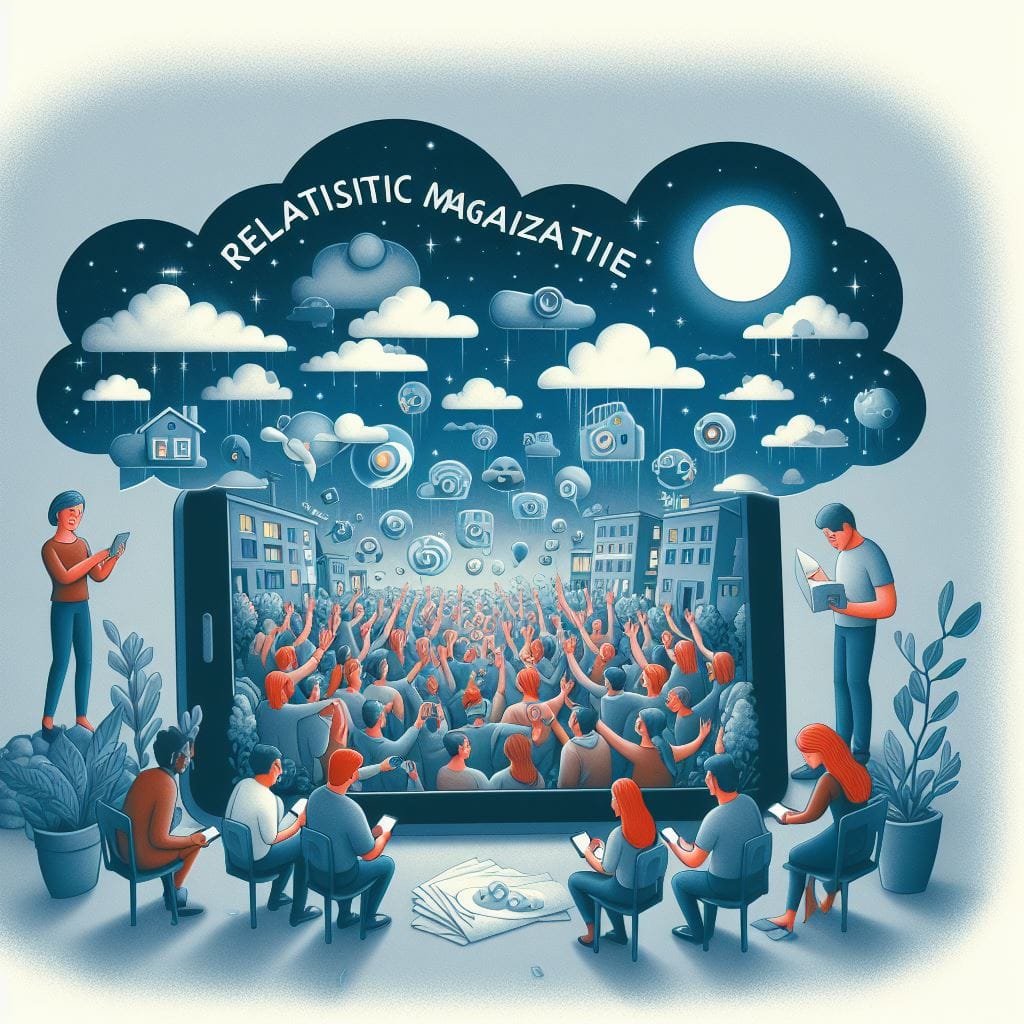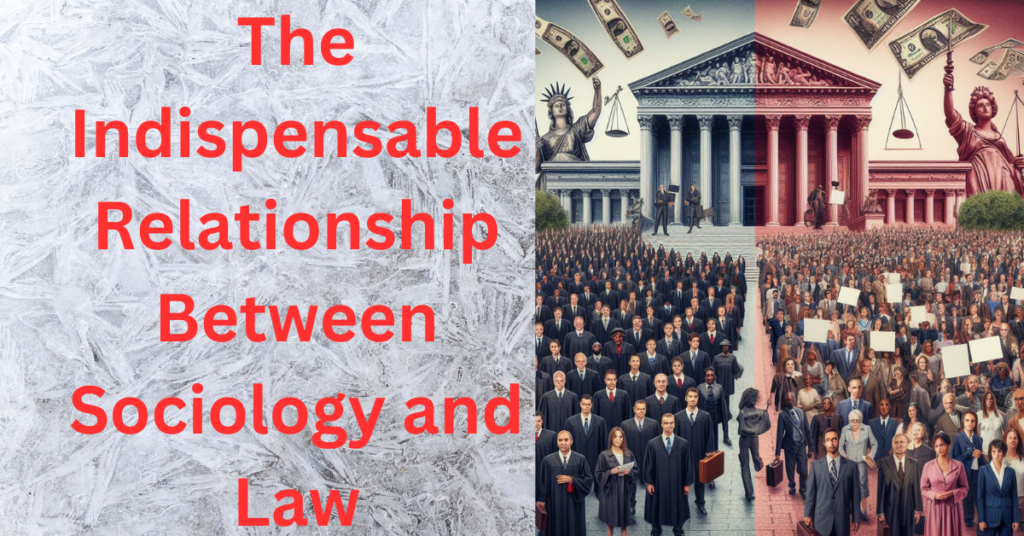Dr. Ashwani Kumar and Dr. Bachitter Singh
Society is understood as a complex network of human relationships, inherently unequal, leading to varying outcomes for different groups. These inequalities manifest as social exclusion, a dynamic process influenced by societal and historical contexts. For instance , the caste system in traditional Hindu society systematically excludes lower castes, embedding intergenerational inequities and hindering social mobility. State-centric or socialist societies exhibit exclusion through limited access to governmental roles, with marginalized individuals lacking authority and resources. In modern market-driven societies or capitalist societies, marginalization or exclusion is often linked to poverty, with neoliberalism and globalization intensifying economic divides and restricting access to resources and opportunities for the underprivileged. This economic marginalization reinforces poverty cycles and deepens social disparities.
The advent of the information age, especially the spread of the internet among masses has introduced new dynamics to society, i.e., the virtual society. Although the virtual society is an extension of mainstream society, at the same time it depicts a separate realm. Within the virtual society, similar to mainstream society, there is the presence of social differentiation. The dominant basis of this virtual social differentiation is the difference in the statuses roles of individuals (actors) in the virtual world. Generally, we can divide virtual actors’ roles into influencers and followers. The influencers are those individuals who have a huge fan following or subscribers base; they can also be termed as virtual celebrities. While the followers are just the common internet users who follow the virtual celebrities; they can also be known as the virtual commoners.

The simple virtual role differentiation can gradually transform into social stratification as witnessed with various other differentiations in the past. In Bourdieu’s framework, virtual influencers possess social capital in the form of followers. Those who lack virtual social capital or have a passive presence in the virtual platforms may be treated unequally. Similarly, it is also possible that those who have no presence in virtual platforms might be treated as uncivilized and could face discrimination in the virtual realm. This virtual inequality and discrimination could eventually lead to the marginalization of individuals and communities.
The individuals or actors who succeed in cultivating online influence may reinforce their dominance, further marginalizing the passive users. Bourdieu argued that in a social field individuals struggle or compete for various forms of capital. In the virtual social field, similar dynamics occur, where individuals compete for power and influence through their accumulation and deployment of “Digital Capital”. This digital capital can include factors such as technological proficiency, social media presence, access to information, and networking charisma and skills. Those who possess greater digital capital are better positioned to assert their dominance and dominate or marginalize others who lack these capabilities, perpetuating inequalities within the virtual realm.
The increased usage of the internet and social media or activity in virtual society, facilitated by advancements in information technology is redefining the dynamics of social interaction and power structures in contemporary society. Just as in conventional society, where individuals navigate social hierarchies based on factors such as wealth, status, and education, virtual society also witnesses the emergence of dominant figures (influencers) who wield influence and shape discourse on digital platforms.
As Michel Foucault suggests, knowledge is always generated by discourse, and eventually, that knowledge turns into power. In the context of virtual society, there are chances that those who hold dominant positions on digital platforms might develop the ability to shape and control discourse. Therefore, changes in discourse and the dissemination of knowledge can occur based on the interests and agendas of those in power within the virtual realm. This means that individuals or groups who dominate digital platforms can influence what information is circulated, how it is framed, and which perspectives are privileged or marginalized. Consequently, this control over discourse can further reinforce existing power structures or create new ones within the virtual space.
The distinctiveness of a virtual society stems from its reliance on virtual interaction platforms, commonly recognized as social media platforms like Facebook, Instagram, YouTube, and others. Each virtual platform is owned by individuals through companies, underscoring the significance of acknowledging that the popularity of the virtual society ultimately translates to the consolidation of societal ownership among a select group of businessmen. This scenario poses the risk of the prevailing democratic power structure evolving into an oligarchy or even a totalitarian system.
Actors in a virtual society engage in symbolic interactions through online communication, content creation, and digital presence. Their digital prowess allows them to shape narratives, set agendas, and influence public opinion, mirroring the dynamics of power and influence observed in conventional society. So, those individuals or communities who are already marginalized in mainstream society would further face marginalization in the virtual realm too, resulting in their double marginalization. Additionally, there are also risks of the rise of anti-social, anti-intellectual, deviant individuals or groups to get influence (in terms of followers) in the virtual platforms. They could not only further the marginalization but may also pose a threat to mainstream society by propagating anti-societal values, propaganda, extremism, and deviance. The dominance of such actors and marginalization of the genuine norm-abiding actors would be disrupting for the society as a whole.
The crucial question that arises is, are there any agencies or groups, either state or non-state, actively acknowledging this virtual phenomenon and formulating plans for affirmative actions to restrict or control virtual inequality and marginalization? Such initiatives or affirmative actions would not only provide an equitable platform for all individuals to express their opinions fairly but also prevent the emergence of new kinds of social inequalities and discrimination.
In the context of India, as with the majority of the world, individuals and market forces are increasingly switching to virtual interactions. In such a scenario, there is an urgent need to create an equitable virtual realm. While advancements in technology offer immense opportunities for connectivity and expression, the absence of sociological insights (or a contemporary socializing force to tackle the virtual realm) in the promotion of virtual platforms could result in furthering inequality. This opens up a problem similar to that highlighted by Weber in the ‘fact-value distinction.’ For Weber, although science has made great advancements in various fields, especially technological one, it lacks or remains silent on the question of value, i.e., whether something is worth pursuing or not. There should always be a balance between facts and values, which can only be incorporated through sociological insights. By neglecting sociological considerations, we risk overlooking the opportunities that virtual spaces present, ultimately hindering inclusive societal progress. It would also result in various problems, such as inequality and marginalization, as highlighted in this article. Therefore, it is imperative for any society undergoing rapid digital transformation to incorporate sociological insights into policymaking and regulation of virtual spaces. Doing so will not only promote social cohesion and inclusivity but also mitigate the potential risks associated with unchecked digital expansion.
The views and opinions expressed by the authors in this article are their personal opinions and do not represent the views of PureSociology. You can contact the author/s at [email protected]. The details of the authors are:
Dr. Ashwani Kumar is currently an Assistant professor in Sociology at Gurukashi University.
Dr. Bachitter Singh is currently a Faculty in the Department of Sociology, Ramnagar Campus, University of Jammu.



The breadth of knowledge compiled on this website is astounding. Every article is a well-crafted masterpiece brimming with insights. I’m grateful to have discovered such a rich educational resource. You’ve gained a lifelong fan!
“The Risk of Emerging Virtual Inequality and Marginalization” presents a compelling narrative with a well-structured argument and engaging prose. The author’s ability to address such a complex topic with clarity and depth is truly commendable.